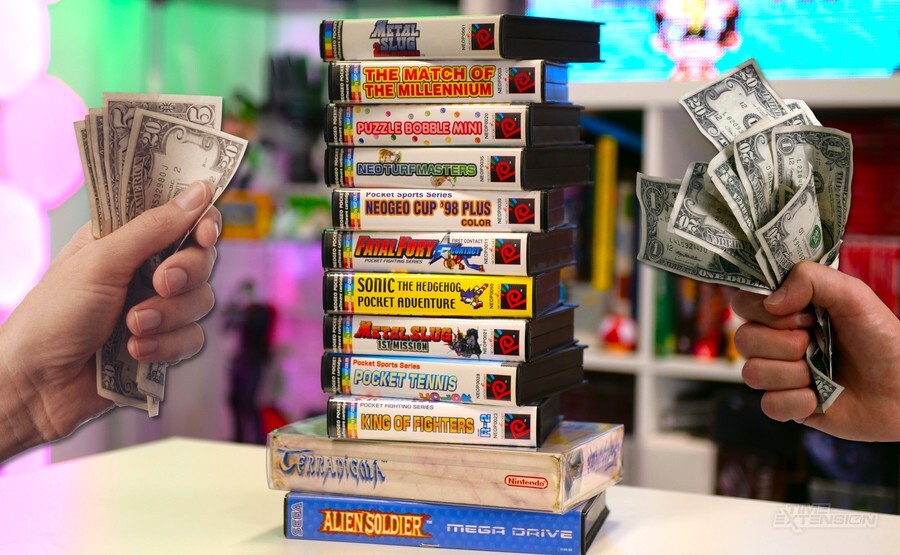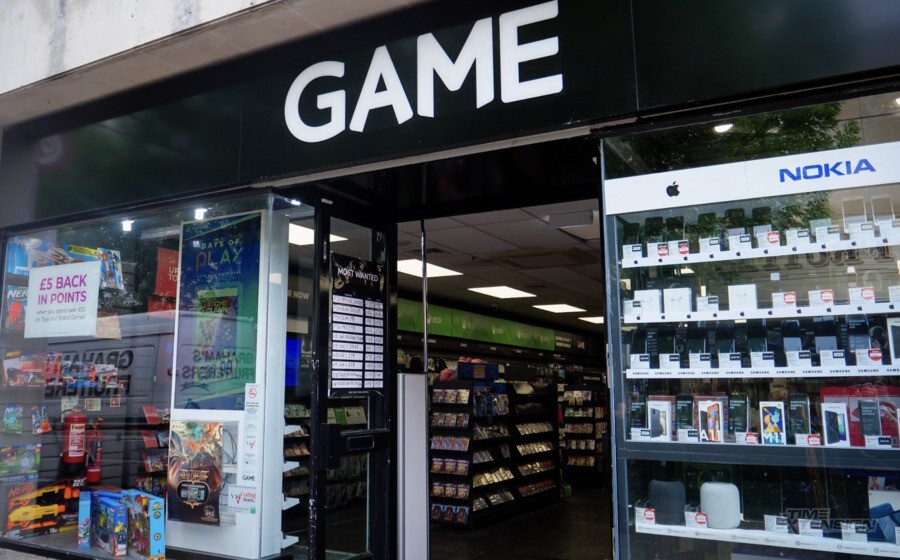
It has been reported this week that UK video game retailer GAME – the last major high street store of its kind in this part of the world – is set to cease trade-ins from February this year.
If this comes to pass, then it will mean that one of the main ways of funding a new game purchase will vanish from the UK high street (beyond going to CeX or your local indie store, of course).
Trade-ins have been a part of the video game retail landscape for decades here in the United Kingdom. My first personal experience was at my local indie store during the early days of the Mega Drive and SNES era, which would offer decent prices against new-ish titles, allowing my meagre pocket money to stretch that little bit further when investing in a new purchase.
Even as I grew older and got myself a job, I still relied on trade-ins for almost every major game-buying decision; pretty much every local indie store offered some form of part-exchange, and I vividly recall trading in my entire Sega Saturn collection (which included Radiant Silvergun, Panzer Dragoon Saga and many more titles which have since become 'eBay darlings') in order to obtain a shiny new Japanese Sega Dreamcast at the dawn of 1999.

While I'm not sure I got a good deal in that particular instance, I still have very fond memories of that exchange, purely because it felt like stepping into a new generation of gameplay – and there's no way I'd have been able to afford the cost of the Dreamcast and Power Stone and a step-down converter and a modified RGB SCART cable (which promptly fell apart after three months) without trading all of those lovely, precious Saturn games.
Today, I probably would have flogged the Saturn collection on eBay and gotten a much fairer deal, but that's beside the point – for many players, trade-ins are a lifeline to gaming. Most younger players cannot afford the £70 currently being asked for a brand-new game, so the ability to exchange older titles they're finished with is a real boon. And, of course, it works the other way around; when people trade games in, it creates a pool of cheaper, second-hand copies for others to pick up at a reduced price.
It remains to be seen if GAME can survive without its iconic trade-in system, but, as anyone who has been inside one of these stores recently will know, the shop seems more focused on selling toys and related merchandise than it does retailing video games. Regardless of GAME's fate, it feels like an era is coming to an end; is this truly the last gasp of physical retail before the industry shifts totally to digital distribution?
Should that come to pass, then now is as good a time as any to remember your favourite part-exchange tales. Were you able to swap an absolute stinker you got for Christmas for something much more worthwhile? Perhaps, like me, you have a memory of trading in a vast collection of games for a single big-ticket item? Maybe you took the money offered rather than a trade, as you badly needed it for something else?
Whether your recollections are bad or good, let us know by posting a comment below.
